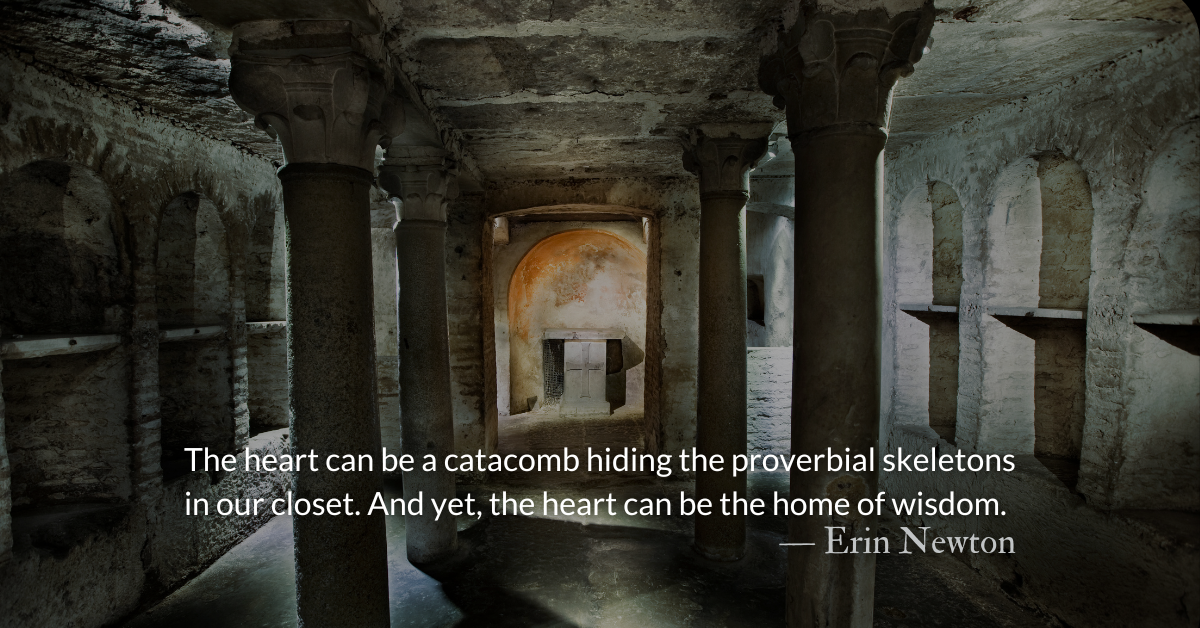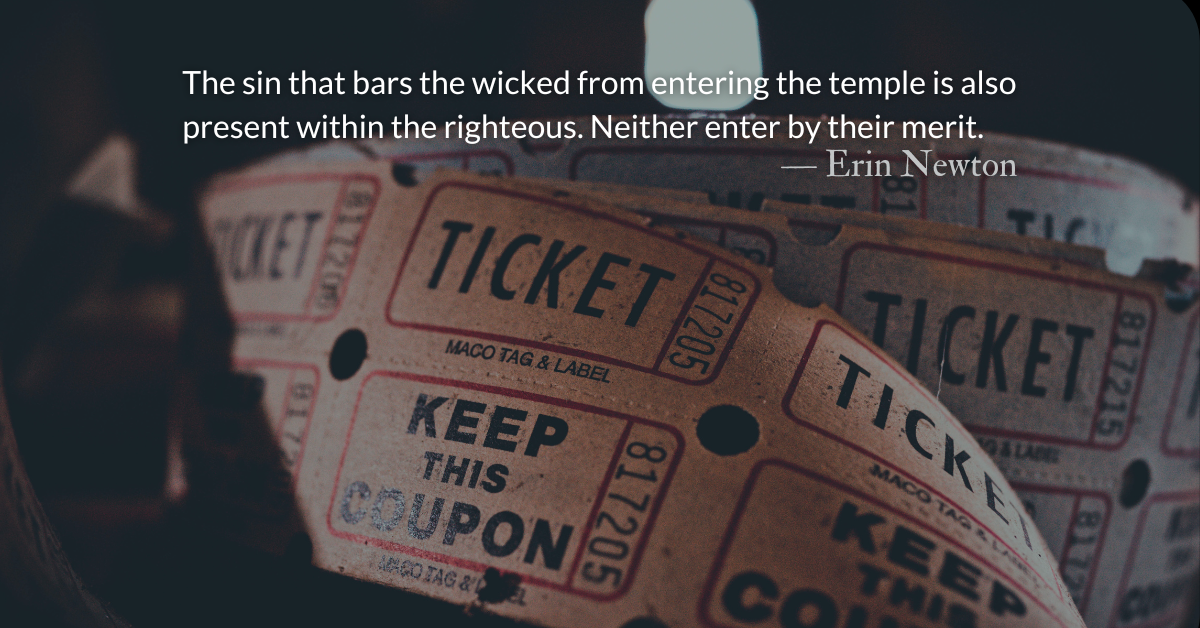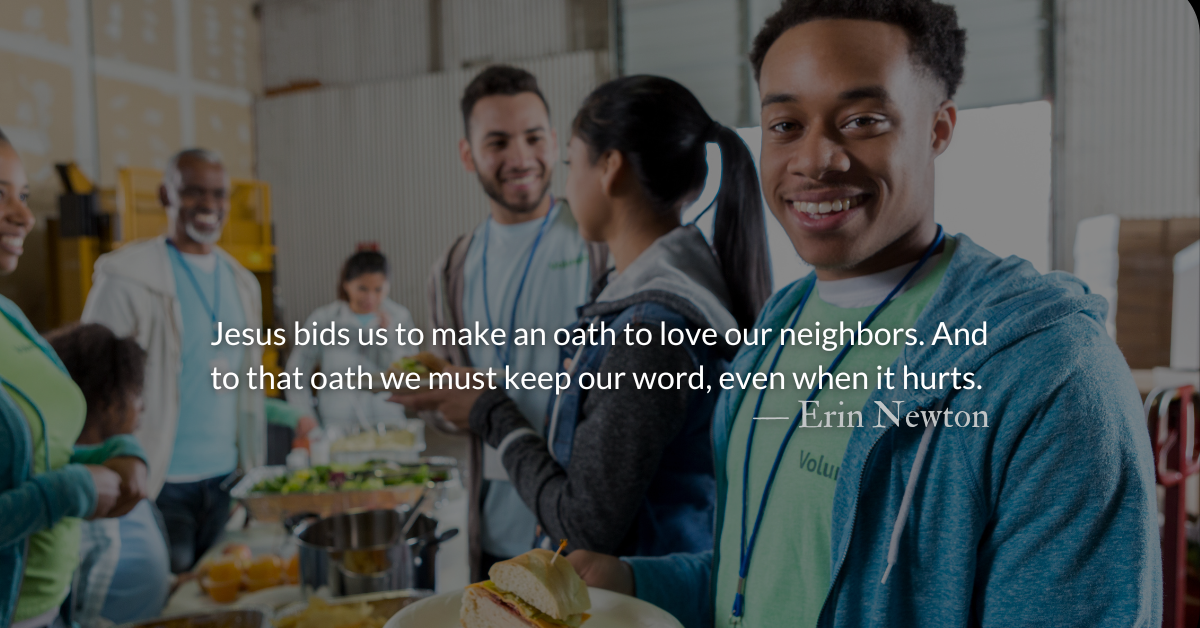Scripture Focus: Psalm 17.3-5
3 Though you probe my heart,
though you examine me at night and test me,
you will find that I have planned no evil;
my mouth has not transgressed.
4 Though people tried to bribe me,
I have kept myself from the ways of the violent
through what your lips have commanded.
5 My steps have held to your paths;
my feet have not stumbled.
Reflection: Open Heart Examination
By Erin Newton
I’ve been rewatching a sitcom about a genius who pretends to be a lawyer in New York. The main character spends every day on the precipice of disaster as he struggles to keep his lie hidden. One episode opens with the song lyrics, “You’re a fraud and you know it…It’s always been a smoke and mirrors game.” Season after season, he bears the weight of his guilty conscience.
A different story plays out in Psalm 17. There is no fraud. The psalmist opens his heart, shining a light onto any hidden corner. No smoke and mirrors. He is steadfast, firmly confident that God will find no guilt in him. This psalm is a stark contrast to the sitcom.
Each psalm reveals a scene from life and makes proclamations about psalmist, enemies, and God that reflect a moment in time. The psalmist here is not universally guiltless. This is not a mirror of perfection left for us to imitate. In this moment, whatever causes this critical crisis of the psalmist’s life, he is innocent. He is confident because he has actively rejected opportunities for sin.
Hearts are not always willingly exposed.
The heart can be a labyrinth, twisting and turning with various desires. The heart can be a catacomb hiding the proverbial skeletons in our closet.
And yet, the heart can be the home of wisdom. The heart that trusts in God can be an open book.
God is able to navigate the complexity of the human heart. Other verses in the book of Psalms invite God to examine the heart (Ps. 17.3, 26.2, 139.23) and others proclaim God’s ability to do so (Ps. 7.9, 33.15, 44.21). Like a skilled surgeon, God can open our hearts and assess their health. There are no dark corners obscured from divine examination.
The psalmist is confident in his innocence in this matter. People have tried to bribe him and he refused. People have tempted him toward violence and he has rejected their offer. He follows the road less traveled, God’s paths of righteousness.
It is a tender and humble request to ask God to examine your heart. We know what lies within the crevices of our souls, things we wish to keep hidden. But like the fraud in that sitcom, disaster crouches at the door and reality becomes smoke and mirrors.
God is able and has already examined your heart. He has loved you regardless.
Divine Hours Prayer: The Refrain for the Morning Lessons
Blessed are they which do hunger and thirst after righteousness: for they will be filled. — Mathew 5.6
– From The Divine Hours: Prayers for Summertime by Phyllis Tickle.
Today’s Readings
2 Samuel 24 (Listen 4:48)
Psalms 17 (Listen 1:58)
Read more about Judging Our Hearts
If the tree is sickened at its heart, the fruit will be sickened as well.
Read more about Choices and Hard Hearts
Hardened hearts happen in stages. Our choices matter. Our hearts are hardened or softened day after day.











